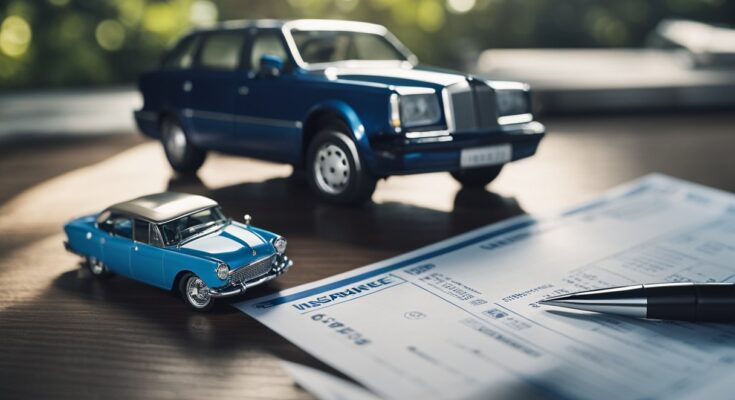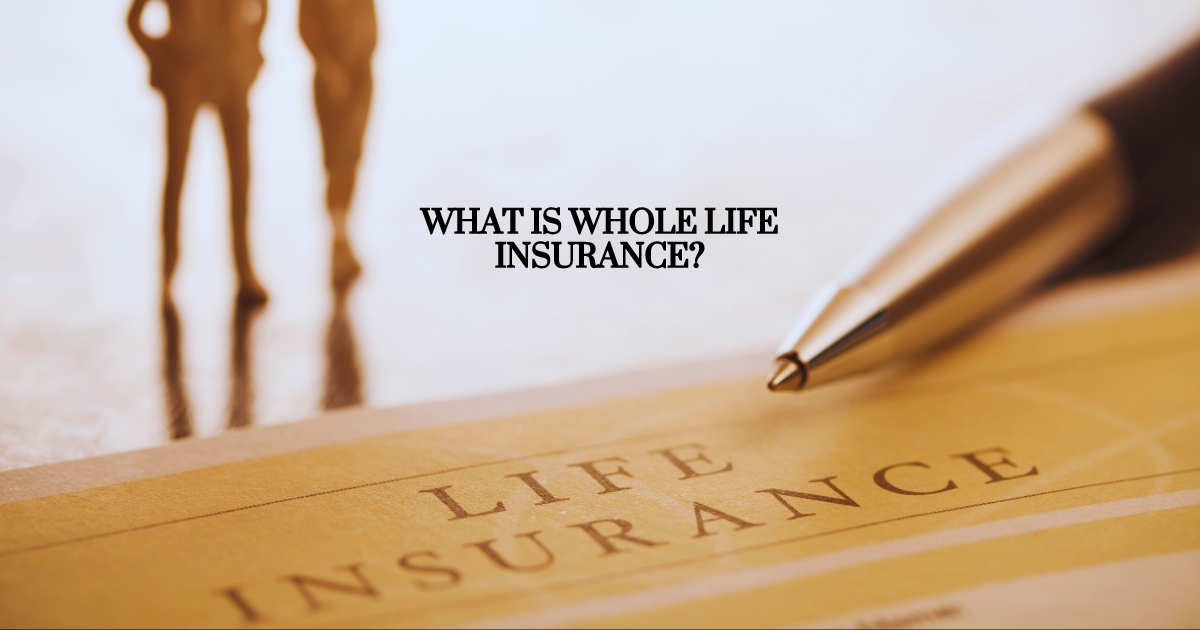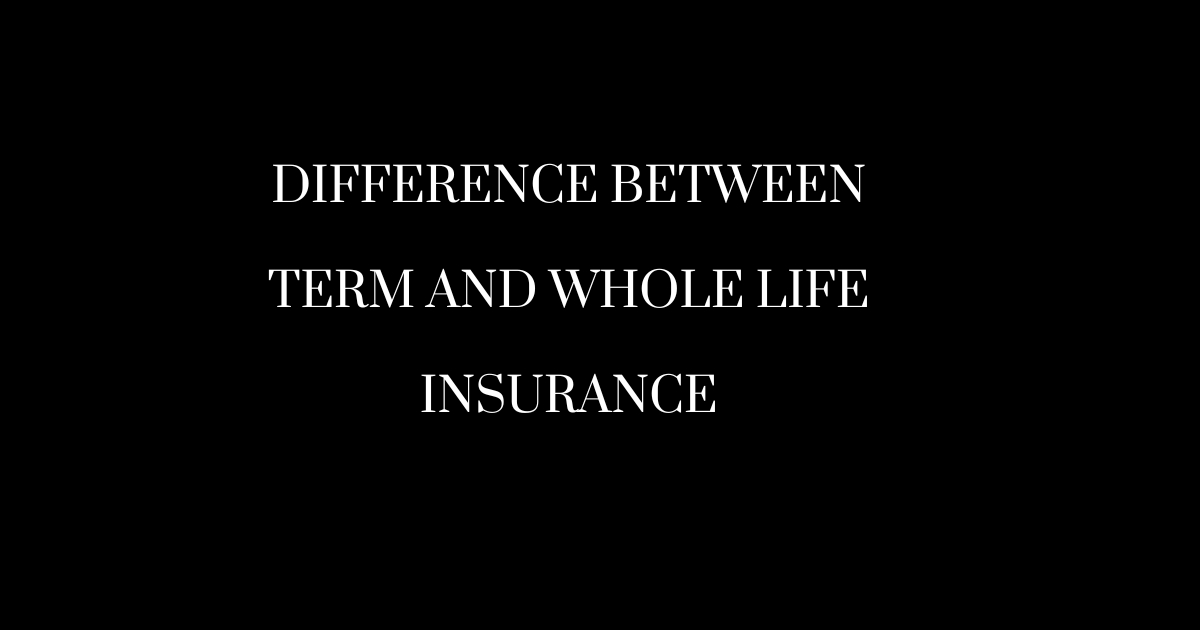When you’re involved in a serious car accident, one of the most pressing questions that might come to mind is, “Who gets the insurance check when a car is totaled?” This question is crucial because it determines how you’ll recover financially from the loss of your vehicle. The answer to who gets the insurance check when a car is totaled isn’t always straightforward and depends on various factors. In this comprehensive guide, we’ll explore the intricacies of insurance payouts for totaled cars, helping you understand what to expect if you ever find yourself in this unfortunate situation.
Understanding Total Loss in Car Insurance
Before we dive into who receives the insurance check, it’s essential to understand what it means for a car to be “totaled” and how insurance companies make this determination.
Defining a Totaled Car
A car is considered totaled, or a total loss, when the cost to repair the vehicle exceeds its actual cash value (ACV) or a certain percentage of its value, depending on state regulations. In simpler terms, if fixing your car costs more than what it’s worth or close to it, the insurance company will likely declare it a total loss.
How Insurance Companies Determine Total Loss
Insurance companies use specific methods to decide whether a car should be declared a total loss. This process involves evaluating the extent of damage and comparing it to the vehicle’s worth.
Actual Cash Value (ACV) Calculation
The ACV is a critical factor in determining whether a car is totaled. Insurance adjusters calculate the ACV by considering the car’s make, model, age, mileage, condition before the accident, and local market values. They may use various resources, including Kelley Blue Book and recent sales data for similar vehicles in your area.
Total Loss Threshold
Each state has its own total loss threshold, which is the percentage of the car’s value that repair costs must reach for the vehicle to be declared a total loss. For example, if your state has a 75% threshold and your car is worth $10,000, it would be considered totaled if repair costs exceed $7,500. You can find information about your state’s specific regulations on the National Association of Insurance Commissioners (NAIC) website: https://content.naic.org/cipr_topics/topic_auto_insurance.htm
The Insurance Payout Process for Totaled Cars
Once your car is declared a total loss, the insurance company initiates the payout process. Understanding this process can help you navigate the situation more effectively.
Steps in the Claims Process
- File a claim: Contact your insurance company as soon as possible after the accident.
- Vehicle inspection: An adjuster will examine your car to assess the damage.
- Valuation: The insurance company determines your car’s ACV.
- Settlement offer: You’ll receive an offer based on the ACV minus your deductible.
- Acceptance or negotiation: You can accept the offer or negotiate if you believe it’s too low.
- Payout: Once an agreement is reached, the insurance company issues the check.
Factors Affecting the Insurance Check
Several elements can influence the amount of the insurance check you receive for your totaled car.
Policy Coverage and Limits
The type of coverage you have plays a significant role in determining your payout. Comprehensive and collision coverage typically protect you in total loss situations, while liability-only policies won’t cover your vehicle’s damage. Additionally, your policy limits can cap the amount you receive, regardless of your car’s actual value.
Deductibles and Their Impact
Your deductible is the amount you agree to pay out of pocket before your insurance coverage kicks in. This amount is subtracted from the settlement check. For example, if your car’s ACV is $15,000 and you have a $1,000 deductible, you’d receive a check for $14,000.
Recipients of the Insurance Check
Now, let’s address the main question: Who gets the insurance check when a car is totaled? The answer depends on your car’s ownership status.
When You Own the Car Outright
If you own your car free and clear, with no loans or leases, you’re the sole recipient of the insurance check. You have the freedom to use the money as you see fit, whether that’s buying a new car or pocketing the cash.
When There’s a Lien on the Vehicle
If you’re still making payments on your car, the situation becomes more complex. The lender, as the lienholder, has a financial interest in the vehicle and must be paid off before you receive any money.
Dealing with Lienholders
In most cases, the insurance company will issue a check made out to both you and the lienholder. This ensures that the loan is paid off before you receive any remaining funds. If the insurance payout is less than what you owe, you’ll be responsible for paying the difference.
Gap Insurance and Its Role
Gap insurance can be a lifesaver if you owe more on your car than its ACV. This additional coverage pays the difference between the insurance payout and your loan balance, protecting you from having to pay out of pocket.
Special Scenarios and Considerations
Certain situations may complicate the process of determining who receives the insurance check for a totaled car.
Leased Vehicles and Total Loss
If you’re leasing a vehicle that’s declared a total loss, the leasing company typically receives the insurance check directly. You may be responsible for any difference between the insurance payout and the lease payoff amount, similar to a financed vehicle.
Classic or Collector Cars
Classic and collector cars often have agreed-value policies, which means you and the insurer have predetermined the car’s value. In these cases, you’ll receive the agreed-upon amount if the car is totaled, regardless of market fluctuations.
Disagreements on Valuation
Sometimes, you might disagree with the insurance company’s valuation of your totaled car. In such cases, you have the right to dispute the offer. You can provide evidence of your car’s higher value, such as recent upgrades or maintenance records, or hire an independent appraiser to assess the vehicle.
After the Check: Your Next Steps
Once you’ve received the insurance check for your totaled car, you’ll need to decide on your next steps.
Purchasing a New Vehicle
Many people use the insurance payout to buy a new car. Keep in mind that if you’re financing a new vehicle, you may need to provide a down payment, which can come from your insurance check.
Keeping a Totaled Car
In some cases, you might want to keep your totaled car, perhaps to repair it yourself or sell it for parts. If you choose this option, the insurance company will deduct the car’s salvage value from your payout.
Salvage Titles and Rebuilding
If you decide to keep and repair a totaled car, it will receive a salvage title. This designation can affect the car’s value and your ability to insure it in the future. Some states have specific regulations regarding rebuilt salvage vehicles, which you can find on the National Motor Vehicle Title Information System (NMVTIS) website: https://vehiclehistory.bja.ojp.gov/nmvtis_states
Insurance Implications Post-Total Loss
After your car is totaled, you may see changes in your insurance rates, especially if you were at fault for the accident. Shop around for new insurance quotes, as rates can vary significantly between providers.
Conclusion
Understanding who gets the insurance check when a car is totaled is crucial for navigating the aftermath of a serious accident. While the process can be complex, knowing your rights and responsibilities can help you make informed decisions and ensure you receive fair compensation for your loss. Remember, the recipient of the check depends on factors like vehicle ownership, outstanding loans, and your insurance policy’s specifics. Always review your policy carefully and don’t hesitate to ask questions or seek clarification from your insurance provider when needed.
FAQs
- Q: Can I keep my car if the insurance company declares it a total loss? A: Yes, you can usually keep your totaled car, but the insurance company will deduct its salvage value from your payout. Keep in mind that the car will have a salvage title, which can affect its future value and insurability.
- Q: What if I owe more on my car loan than the insurance payout? A: If you owe more than the insurance payout, you’ll be responsible for paying the difference. This situation is known as being “upside-down” on your loan. Gap insurance can help cover this difference if you have it.
- Q: How long does it typically take to receive an insurance check for a totaled car? A: The timeline can vary, but generally, you can expect to receive your check within 2-3 weeks after reaching a settlement agreement with the insurance company. Some cases may be resolved faster, while others might take longer if there are complications or disputes.
- Q: Will my insurance rates go up if my car is totaled in an accident that wasn’t my fault? A: In most cases, your rates shouldn’t increase if you weren’t at fault for the accident. However, insurance companies consider various factors when setting rates, so it’s always a good idea to check with your provider about potential impacts on your premium.
- Q: What should I do if I disagree with the insurance company’s valuation of my totaled car? A: If you believe the insurance company’s offer is too low, you can dispute it. Gather evidence to support your car’s higher value, such as recent repairs, upgrades, or low mileage. You can also hire an independent appraiser to assess your vehicle’s value and use this information to negotiate with the insurance company.



